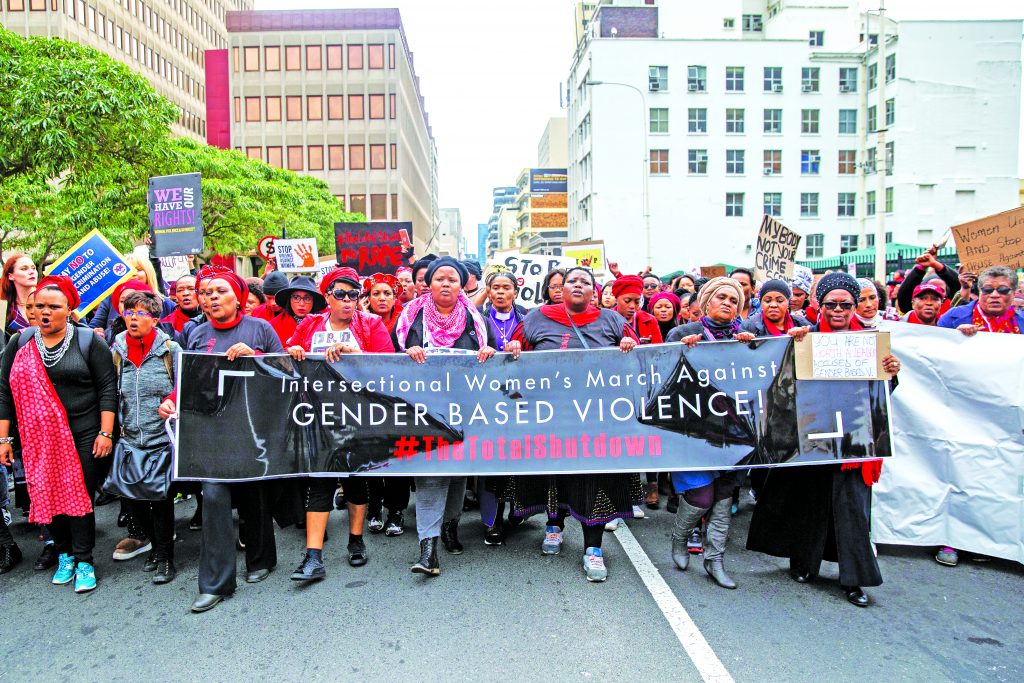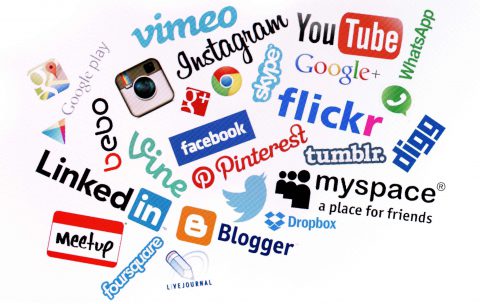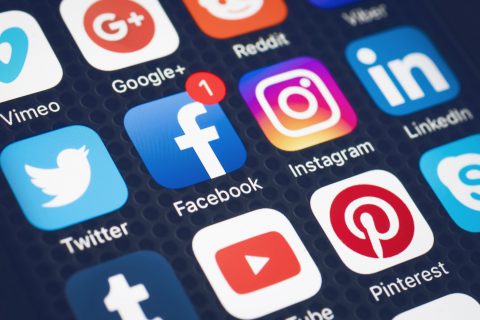Human Rights Day
How Is Social Media Driving Human Rights?
Social media has become a popular tool to galvanise social and civic issues. The most memorable social movements have been associated with the hashtags #FeesMustFall, #DataMustFall and the worldwide #MeToo, which in South Africa was driven by #HearMeToo, in aid of 16 Days of Activism for No Violence Against Women and Children.
According to Arthur Goldstuck, managing director of World Wide Worx, social media has provided a voice for formerly marginalised groups. “The country’s history means there is a large segment of the population that feels it has never had a voice and is now reclaiming that voice through social media. We see this play itself out especially on Twitter, which is regarded as a platform from which issues can be raised and debated independently of traditional media.”
A double-edged sword
The impact of social media on human rights in South Africa is a double-edged sword, says Professor Herman Wasserman, director of the Centre for Film and Media Studies at the University of Cape Town. “Firstly it is important to understand that technologies such as digital media and by extension social media do not work in a deterministic fashion; rather they work to amplify existing social, political and cultural forces. In this regard we could say that social media could amplify existing racial tensions and polarisations, as we have seen with the cases of Penny Sparrow and Adam Catzavelos but could in turn also amplify civil society’s reaction to them as we have also noted in the strong backlash against the perpetrators of human rights violations.
“I would be careful not to exaggerate the potential impact that social media might have, for instance, it is now also widely accepted that the so-called Twitter revolutions of the Arab Spring, many of which have subsequently also been reversed, was not caused by social media as is often celebrated, but an amplification of political dynamics on the ground.”
Whose voice is it?
While mobile media has managed to give more people a voice, Wasserman warns that we have to remain aware of inequalities such as education, access to data, and the cost of smartphones — especially for people in the rural areas — all of that may impact social media use. “This will help us assess whether the debates and discussions we see on social media are representative of a wider public, or only certain sections of it. We need to be nuanced when making claims about the potential of social media to facilitate political communication and participation.”
Blow the whistle
Dean McCoubrey, founder of MySociaLife, a digital citizenship program which educates schools and corporate South Africa on safe and smart social media and device usage, says: “In the broadest sense the best examples of campaigns actually can come from citizen journalism, where live stories of human rights issues are shared and protested against.”
McCoubrey says a new platform, The Whistle, http://thewhistle.org/ will also help in addressing human rights violations on social media. “The Whistle is a web and mobile app that allows civilians who have witnessed human rights violations to report them in a verifiable manner and to the appropriate NGOs.” He says, “Through speeding up and simplifying the verification process for these NGOs, The Whistle aims to support the variety and volume of civilian witnesses’ participation in human rights reporting.”





